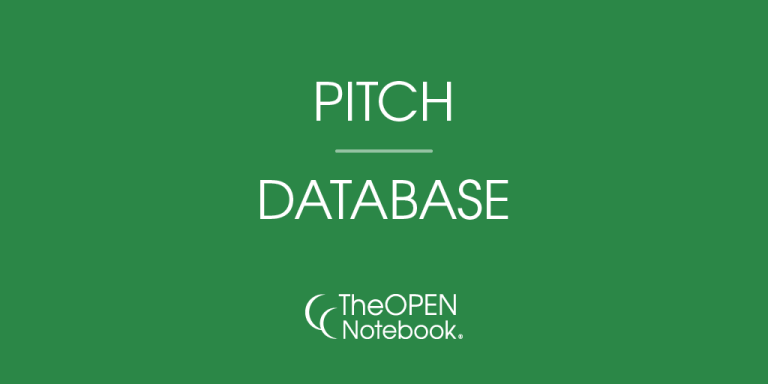The Story
“A Simple, Five-Minute Test Could Make Earlier Diagnosis of Alzheimer’s Possible”
https://qz.com/604397/a-simple-five-minute-test-could-make-earlier-diagnosis-of-alzheimers-possible/
by Esther Landhuis
Quartz, January 28, 2016
The Pitch
Hello Sarah,
I’d like to pitch a 600-1000 word story timed to Wednesday’s (27 Jan) product launch by Neurotrack, a Palo Alto startup developing an Web-based eye test to flag people at risk of Alzheimer’s three to six years before symptoms. I learned of Neurotrack in fall 2014 at a digital health conference at Stanford and wrote a Scientific American piece about their test. The Quartz story I’m proposing now comes as the company plans to announce it has closed $6.5 million in new funding and wants to expand its clinical presence by inviting physicians to try the eye-tracking test with their patients.
In February the company will broaden its reach still further by releasing a “lifestyle program” that integrates the eye test with recommendations for nutrition, physical activity, social stimulation, stress and sleep—all based on emerging Alzheimer’s research in Finland, the US and elsewhere suggesting that the deadly disease may in fact be preventable. The program will initially be in private beta, but the company’s long-term goal is to become “a place where people can find out if they’re at risk for cognitive decline and have a solution for dealing with it in the absence of a drug, or maybe in addition to a drug,” says CEO Elli Kaplan, whom I chatted with in San Francisco last week.
Since I was able to get a demo in person, my Neurotrack story could start off like this…
One recent Thursday morning in a sixth-floor meeting room several blocks from San Francisco’s Union Square, I sat perched at a Macbook Air laptop, eyes fixated on a pair of black and white images on the screen. A few seconds later, two new images appear, then another set, and so on. The pictures aren’t particularly flashy or memorable. Some look like ink blots in the Rorschach psychological test. After a while certain pictures make a repeat appearance—making you pay more attention to the unfamiliar image beside it.
That is, unless you’re at risk for developing Alzheimer’s in the next few years. If that were the case, the laptop’s webcam would detect your eyes fixating equally on each image, rather than preferring the novel one. The test assesses what researchers call recognition memory, which depends on the integrity of the brain’s hippocampal region—one of the first areas to fall apart in Alzheimer’s.
In a published five-year study, an earlier version of the test—which used an expensive office set-up instead of the basic webcam in a laptop, and took a half hour instead of 4.5 minutes—showed great success in 92 older adults (60 normal, 32 with mild cognitive impairment). The test scores predicted who in the normal group become impaired and which of the mildly impaired would later develop Alzheimer’s. Preliminary data from a Harvard study suggests that the pared-down Neurotrack test administered on a home computer works as reliably as the office system, and a handful of ongoing studies across the US and in Shanghai are using Neurotrack’s five-minute eye test alongside MRI, PET and other tests for early Alzheimer’s in thousands of people.
I’d get comment from physicians/researchers using Neurotrack’s eye test in current clinical trials and could play up the “lifestyle program” and prevention angle, if you wish — that part is more futuristic but might resonate more with general readers. It’s also a story of three enterprising women: the Neurotrack CEO collaborating with two female scientists (one from Finland, the other at Rush U in Chicago) doing research in Alzheimer’s prevention. Prevention is becoming a hot topic given the rampant failures in Alzheimer’s drug trials.
I have deep background in Alzheimer’s/brain aging from 5+ years as a staff reporter for Alzheimer Research Forum before going freelance in 2014.
Given the time sensitivity (Wednesday launch), could you let me know today if you’re interested?
Many thanks,
Esther



